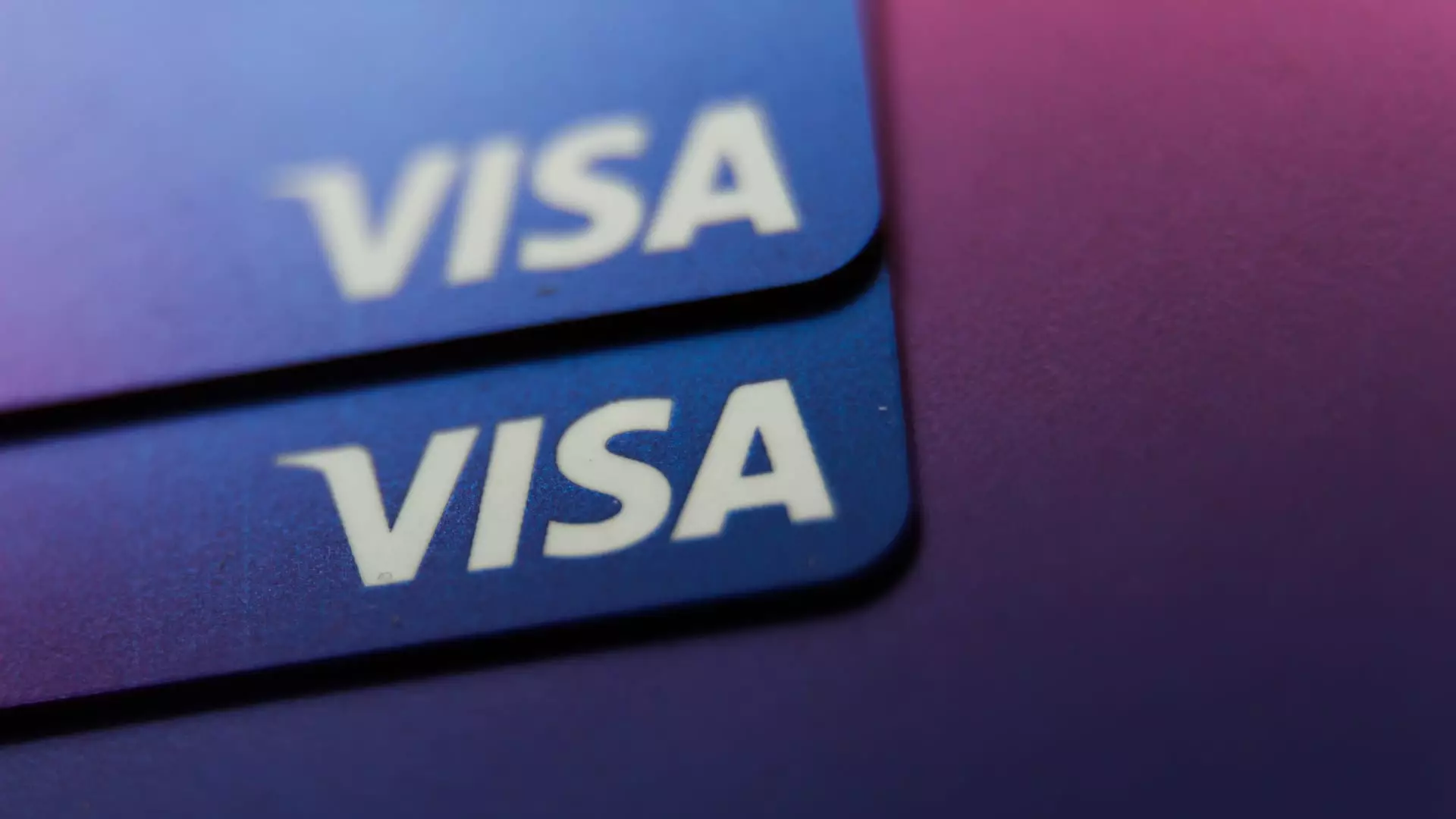Visa recently announced its plans to launch a dedicated service for account-to-account (A2A) payments in Europe, skipping credit cards and the traditional direct debit process. This new service is designed to make transactions easier for consumers by allowing them to set up direct debits on merchants’ e-commerce stores with just a few clicks. This move by Visa is aimed at providing consumers with a more secure and efficient way to make payments online.
One of the main issues with the current direct debit process is that consumers have limited control over their payments. They are required to fill out direct debit forms, which often involve sharing sensitive bank details and personal information. This poses a security risk for consumers, as their information could potentially be exposed to third parties. Additionally, static direct debits make it difficult for consumers to make changes to the payment amount, requiring them to cancel and set up new direct debits or carry out one-off transfers.
Visa’s new A2A service will address these issues by allowing consumers to set up variable recurring payments (VRP). This innovative payment method will enable consumers to make and manage recurring payments of varying amounts, giving them greater control over their finances. This new service will also provide consumers with added protection, allowing them to easily monitor payments and raise any issues by simply clicking a button in their banking app.
One potential concern with Visa’s A2A service is the risk of cannibalizing its own card business. By providing merchants with the option to bypass cards for payments, Visa may reduce the use of its traditional credit and debit cards. This could impact Visa’s revenue stream, as card transaction fees are a significant source of income for the company. However, Visa has stated that its primary focus is on enabling the best ways for people to pay and get paid, whether that involves card transactions or non-card transactions.
Visa’s A2A service relies on open banking technology, which allows third-party fintechs to access consumer banking data and authorize payments on their behalf. This technology has gained popularity in Europe, thanks to regulatory reforms aimed at promoting innovation in the banking sector. Visa’s acquisition of Tink, an open banking service, further demonstrates the company’s commitment to staying ahead of emerging fintechs and evolving payment trends.
Visa’s decision to launch a dedicated service for bank transfers in Europe represents a significant step towards modernizing the payment industry. By leveraging open banking technology and introducing variable recurring payments, Visa aims to provide consumers with a more secure, efficient, and user-friendly payment experience. While there are potential challenges ahead, Visa’s focus on innovation and consumer-centric solutions positions it well for success in the rapidly changing payment landscape.

